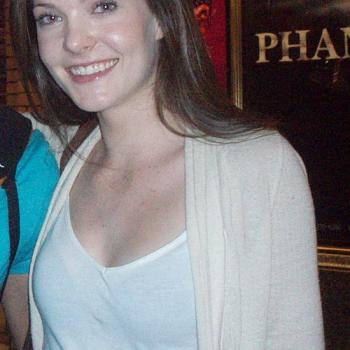Catholic universities are not, in short, beholden to the reduction of wisdom to intellect. Garvey again:
Academics like to think that intellect is the key thing—that if we know the good we will cultivate and pursue it. This is not surprising. Academics are intellectuals. Thinking is what we are good at. Abraham Maslow once said if you only have a hammer, every problem begins to look like a nail. But there are two difficulties with the academics' approach. One is that it fails to account for weakness of will. We all have the experience of knowing what is right or good, and failing to do it. (I have this problem about chocolate.) The second is that it flattens the concept of knowing into something most of us wouldn't recognize. We do not come to understand what is right, or good, or beautiful, through mental exercises conducted from an armchair.
The Catholic university, he avers, is capable of uniting intellect and will in a way that modern universities cannot. He follows Aristotle and Augustine in the thesis (quoting Nicomachean Ethics) that "virtue makes us aim at the right mark, and practical wisdom makes us take the right means." Augustine's famous dictum "I believe, in order that I might understand," offers a way of getting at this point. One learns how to think only after one learns how to love. And one learns how to love by imitating others who are good at it. The Catholic university must be a community of people good at loving and good at applying practical wisdom to its implications.





